What is the ultimate parent entity in tax management in Vietnam?
What is the ultimate parent entity in tax management?
Based on the provisions of Clause 26, Article 3 of the Tax Administration Law 2019 as follows:
Explanation of Terms
In this Law, the terms below are understood as follows:
...
20. Tax management information system includes statistical information system, tax accounting, and other information serving tax management.
21. Related parties are those who directly or indirectly engage in the operation, control, or capital contribution to an enterprise; parties under direct or indirect control by an organization or individual; parties sharing a common organization or individual involved in capital contribution; enterprises controlled by individuals having close family relationships.
22. Related transaction is a transaction between related parties.
23. Independent transaction is a transaction between parties without related ties.
24. Principle of independent transactions is a principle applied in the declaration and determination of tax value for taxpayers engaging in related transactions to reflect transaction conditions equivalent to those in independent transactions.
25. Principle of the substance of activities and transactions determining tax obligations is a principle applied in tax management to analyze the transactions, production, and business activities of taxpayers to determine tax obligations corresponding to the value generated from the substance of those transactions, production, and business activities.
26. The ultimate parent entity of a group is a legal entity with direct or indirect ownership in other legal entities of a multinational group, not owned by any other legal entity, and the consolidated financial statements of the ultimate parent entity are not consolidated into any financial statements of any other legal entity globally.
...
Thus, according to the above provisions, the ultimate parent entity is a legal entity with direct or indirect ownership in other legal entities of a multinational group, not owned by any other legal entity.
At the same time, the consolidated financial statements of the ultimate parent entity are not consolidated into any financial statements of any other legal entity globally.

What is the ultimate parent entity in tax management in Vietnam? (Image from the Internet)
How does a taxpayer who is the ultimate parent entity of a group in Vietnam declare taxes?
Based on Clause 7, Article 43 of the Tax Administration Law 2019 as follows:
Tax Declaration Dossiers
...
7. Report on cross-border profits in the case where the taxpayer is the ultimate parent entity in Vietnam having cross-border related transactions and exceeding the prescribed global consolidated revenue level, or the taxpayer has an ultimate parent entity abroad, and the ultimate parent entity is obligated to prepare a cross-border profit report as stipulated by the host country.
...
According to the provisions, if the taxpayer is the ultimate parent entity in Vietnam, it must prepare a cross-border profit report when the group has cross-border related transactions and exceeds the prescribed global consolidated revenue level, or the taxpayer has an ultimate parent entity abroad, and the ultimate parent entity is obligated to prepare a cross-border profit report as stipulated by the host country.
Thus, a taxpayer who is the ultimate parent entity of a group in Vietnam will declare taxes through the form of a cross-border profit report.
Is failing to declare taxes considered a prohibited act in tax management in Vietnam?
Based on the provisions of Article 6 of the Tax Administration Law 2019 which stipulates prohibited acts in tax management, including:
- Collusion, connivance, and cover-up between taxpayers and tax management officials or tax management agencies to manipulate prices and evade taxes.
- Causing trouble and harassment for taxpayers.
- Exploiting to misappropriate or illegally use tax money.
- Intentionally not declaring or declaring taxes incompletely, promptly, or accurately about the payable tax amount.
- Obstructing tax management officials from performing their duties.
- Using another taxpayer's tax code to carry out illegal activities or allowing others to use their tax code contrary to the law.
- Selling goods and providing services without issuing invoices as required by law, using illegal invoices, and illegally using invoices.
- Distorting, misusing, unauthorized accessing, or destroying the taxpayer's information system.
Therefore, intentionally not declaring taxes is a prohibited act in tax management.
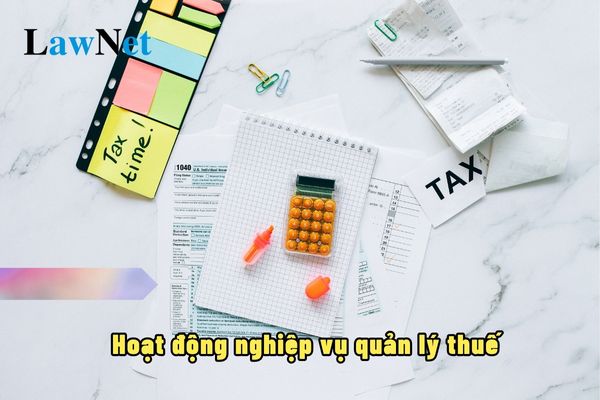
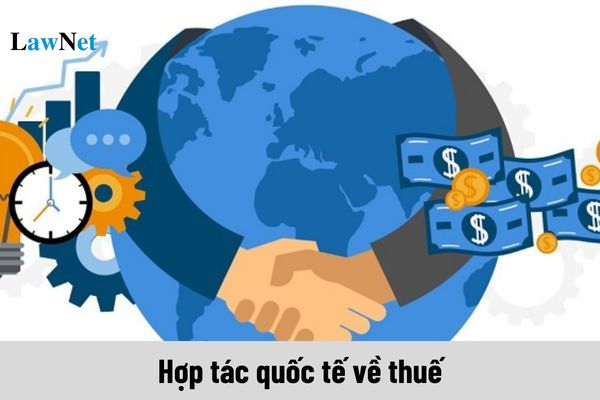
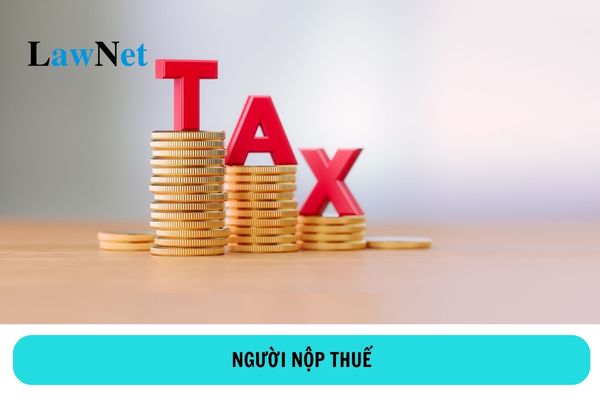
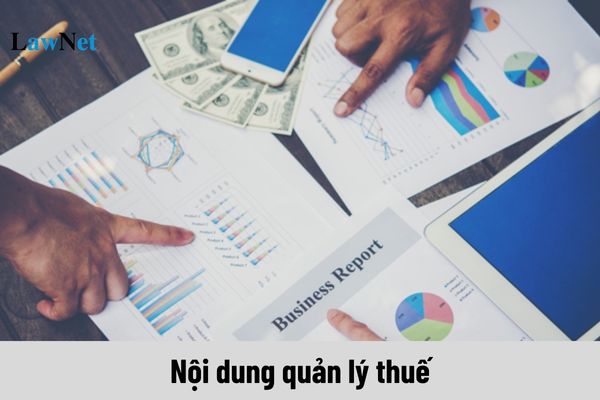
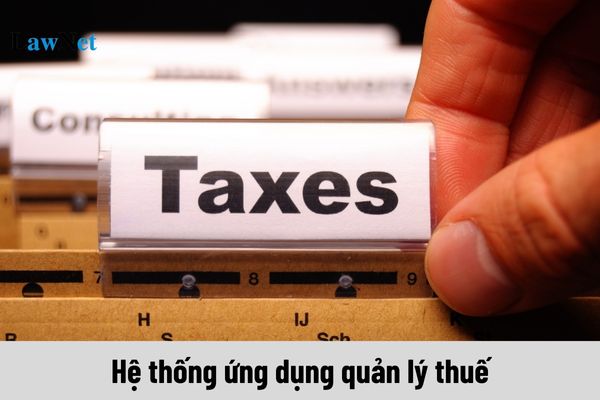
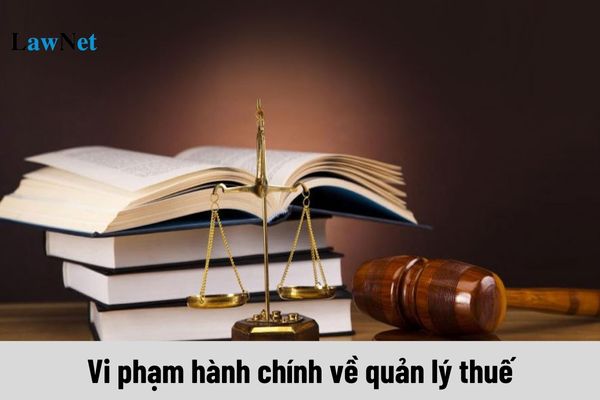
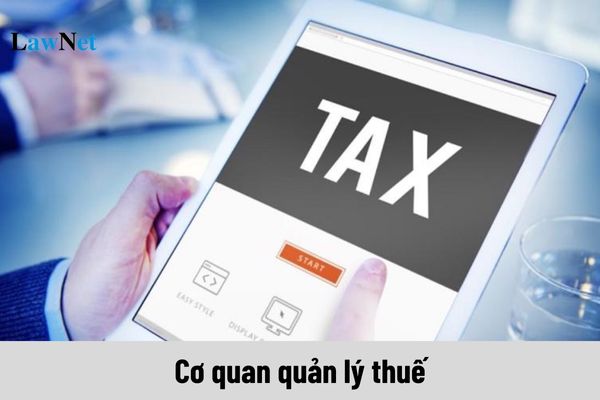
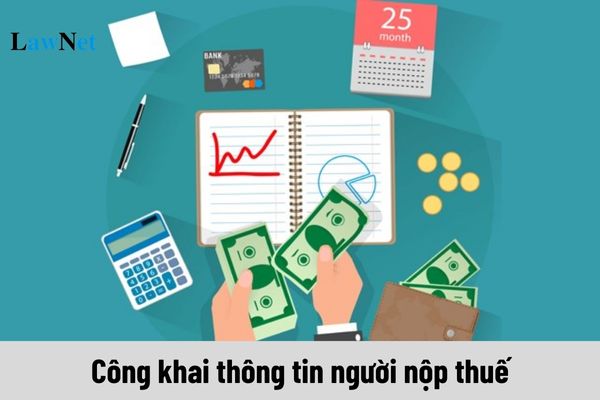
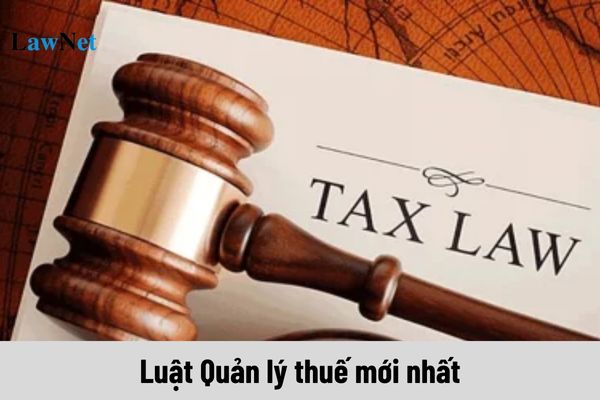

- What are specialized measures during processing of tax refund applications in Vietnam?
- Do tax authorities of Vietnam have the right to publish tax-related regulatory violations on mass media?
- Is the amount received under public service housing policies considered taxable personal income in Vietnam?
- Are invoices issued for internally used goods in Vietnam?
- What principles and basis are used to determine the maximum road user charge in Vietnam?
- Is healthcare service providers for the elderly subject to VAT in Vietnam?
- Is the therapeutic service provides for persons with disabilities subject to VAT in Vietnam?
- What is the currency unit used in tax accounting in Vietnam?
- Which enterprise groups will the General Department of Taxation of Vietnam focus on inspecting and auditing in 2025?
- What are guidelines on online submission of unemployment benefits application in Vietnam in 2025? Are unemployment benefits subject to personal income tax?

